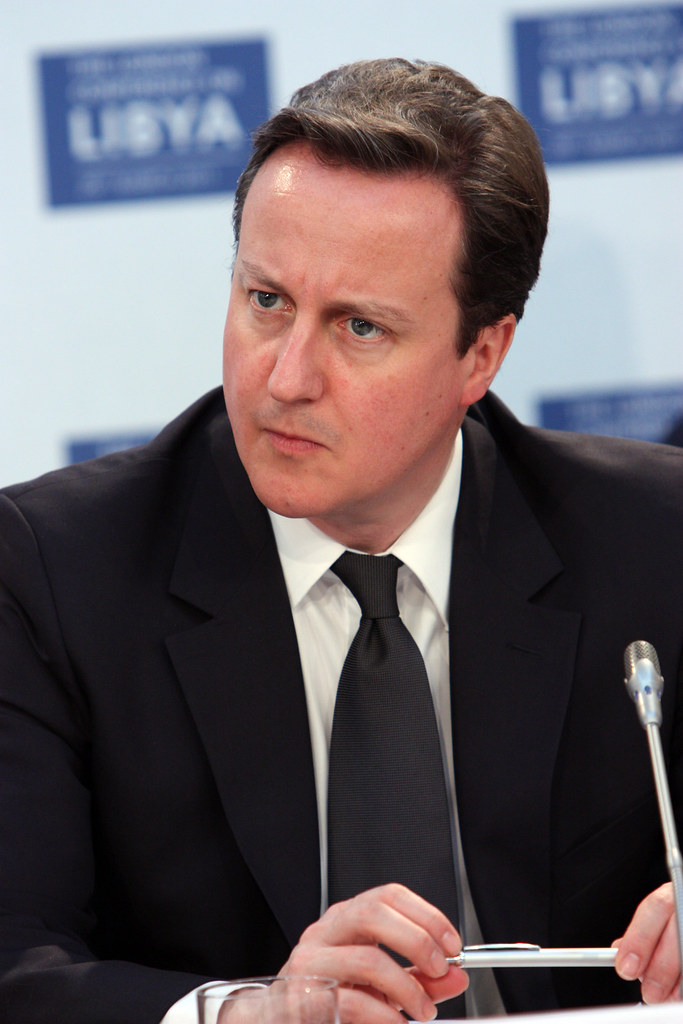Recently Updated Blogs
Most Overused Personal Statement Topics Whilst consulting ‘the classics’ of your subject is important for getting a well-rounded overview, applicants often risk packing their personal statements with the same resources or topics as every other applicant. Our expert consultants have spent years advising thousands of applicants on their personal statements,…
Following several years of disruption and format changes to Oxford and Cambridge interviews as a result of the COVID-19 pandemic, applicants eagerly await notification from the universities to confirm in what format their interviews will be. Will they be in person or online; what equipment will be required; and how…
If you’re sitting an admissions test (or two!) this autumn for your application to Oxford or Cambridge, it’s crucial that you get a few key dates into your diary, namely: registration opening, registration closing, and the date of the test itself! Jump to the test(s) you are taking to note…
How Can I Use ChatGPT for My Personal Statement? With AI-powered tools such as ChatGPT becoming increasingly popular, we are seeing more and more applicants wondering about how to use these tools to help their university application. Whilst harnessing AI can be very beneficial, danger this way lies: over-reliance…
Choosing an Oxford College One key aspect which separates an Oxbridge application from most other UK universities is the choice of college. The college you are offered a place for will be a big part of your university experience. However, how do you pick between colleges when you don’t know…




